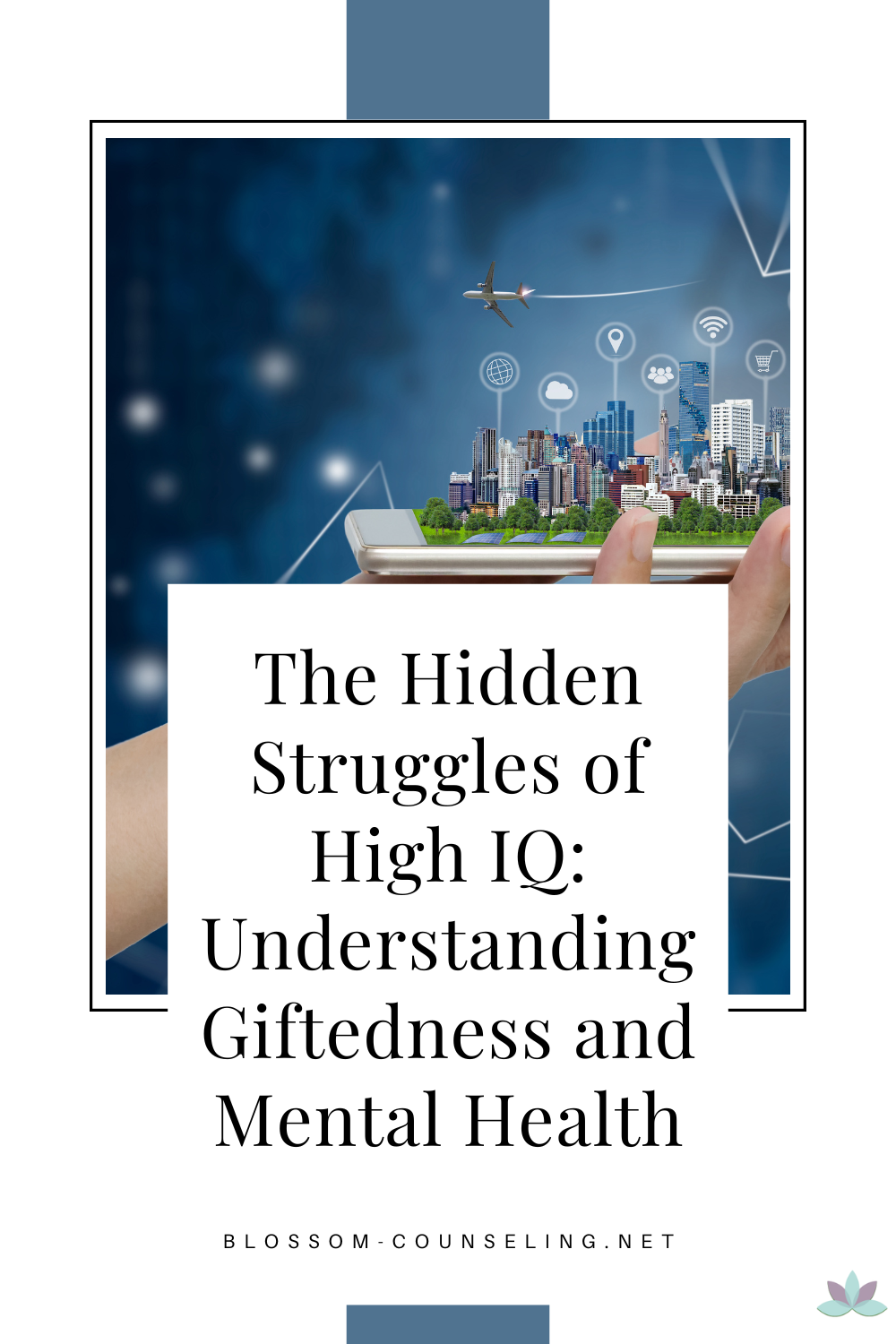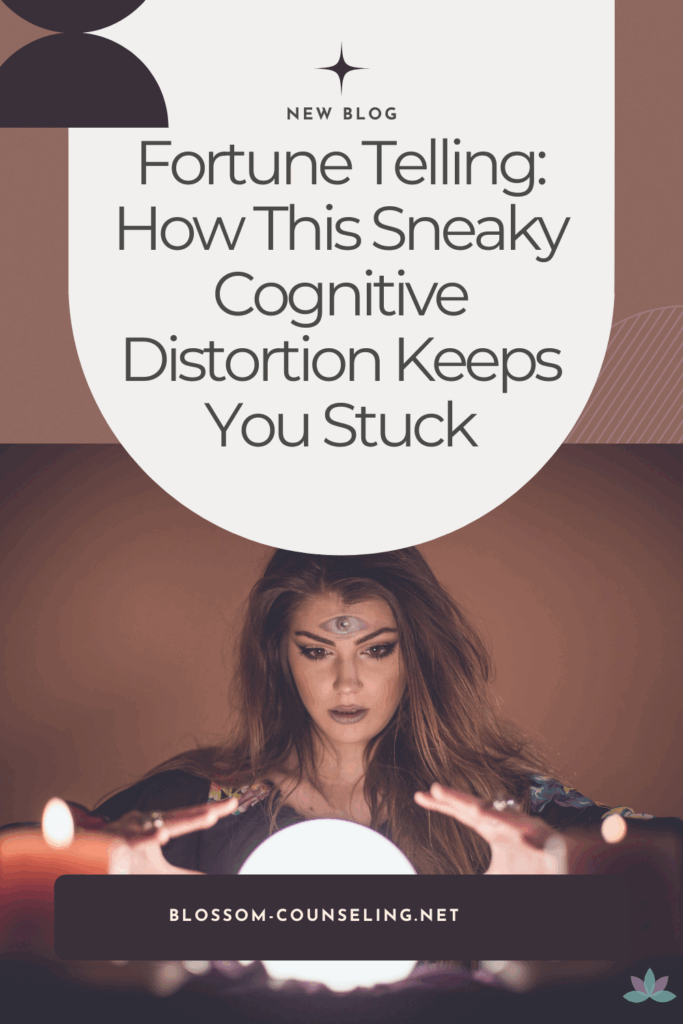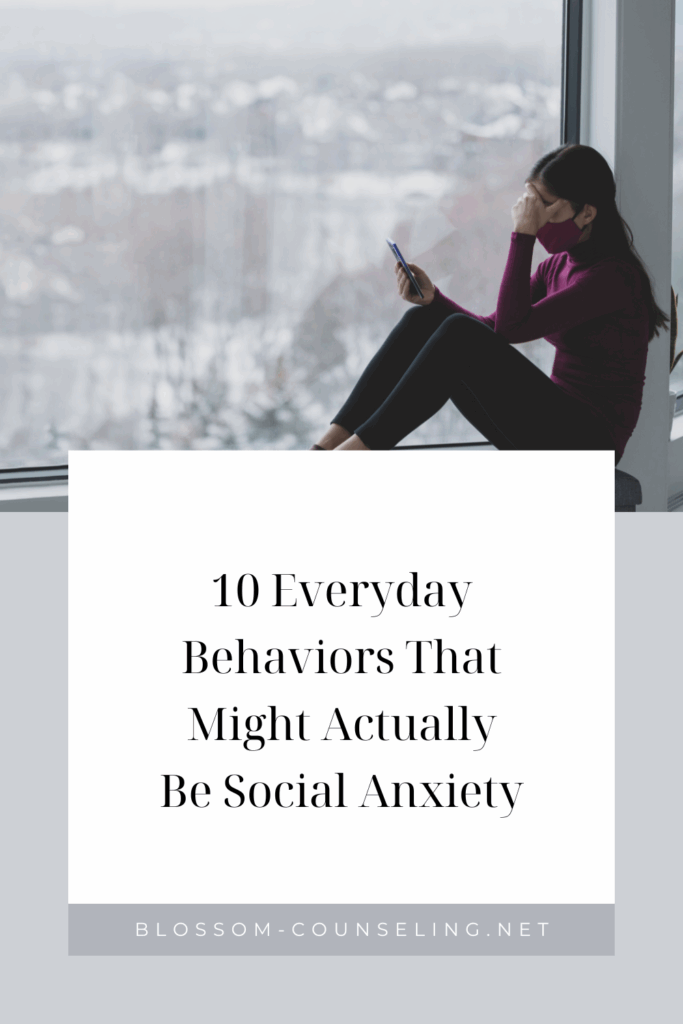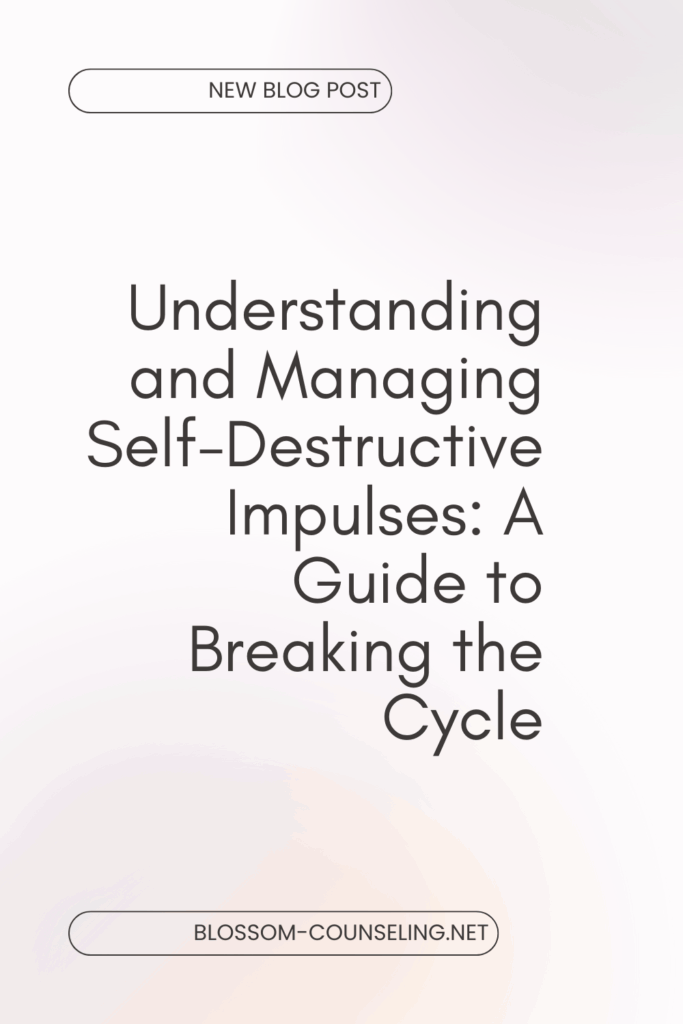
When we think of individuals with a high IQ or those who are labeled as gifted, it’s common to imagine a life filled with academic achievements, professional success, and an enviable ability to learn and adapt quickly. However, the reality is often more complex, as high intellectual capabilities can sometimes mask underlying mental health issues. Exploring how giftedness intersects with mental health challenges can help us better understand and support those who might be struggling quietly behind a facade of competence and achievement.
Gifted individuals often experience a phenomenon known as “asynchronous development,” where their cognitive abilities outpace their emotional and social development. This imbalance can lead to feelings of isolation, frustration, and anxiety, as they may struggle to relate to peers or find age-appropriate challenges unstimulating and disengaging. The internal pressure to meet or exceed high expectations—whether self-imposed or from external sources—can further exacerbate stress and lead to perfectionism, a trait frequently linked with anxiety and depression.
Moreover, the very traits that signify giftedness, such as heightened sensitivity and perceptiveness, can make these individuals more acutely aware of their environments and their own internal emotional states. This heightened awareness can be a double-edged sword—providing deep insights and empathy, but also contributing to an overwhelming sense of responsibility and concern for global issues well beyond their control.
Despite these challenges, mental health struggles in gifted individuals are often overlooked or misdiagnosed by professionals who may see high achievement as a sign that all is well. This oversight is compounded by the gifted individual’s ability to mask difficulties in order to conform to the high-achiever image they feel they must uphold. As a result, they might not receive the support or resources they need to manage their mental health effectively.
Social alienation is another significant issue faced by many with high IQs. Their advanced intellectual abilities might make it difficult to connect with peers, leading to social isolation. Young gifted children, in particular, are at risk as they may be perceived as mini-adults due to their advanced verbal skills and mature interests, which can lead to unrealistic expectations and further feelings of disconnect.
To address these issues, it’s important for mental health services to be cognizant of the unique challenges faced by gifted individuals. Therapy can be tailored to accommodate their complex thinking patterns and sensitivity, while support groups can connect them with peers who share similar experiences, helping to alleviate feelings of isolation.
Understanding that high IQ and giftedness come with their own set of challenges is crucial. These individuals benefit from a supportive environment that recognizes their unique needs and potential mental health challenges. By shifting our perspective and acknowledging the full picture of what it means to be gifted, we can provide better support to those who, despite their capabilities, suffer in silence. This holistic approach not only enhances individual wellbeing but enriches our community as a whole by ensuring that no one has to mask their struggles to fit a mold of what a gifted person should look like.




